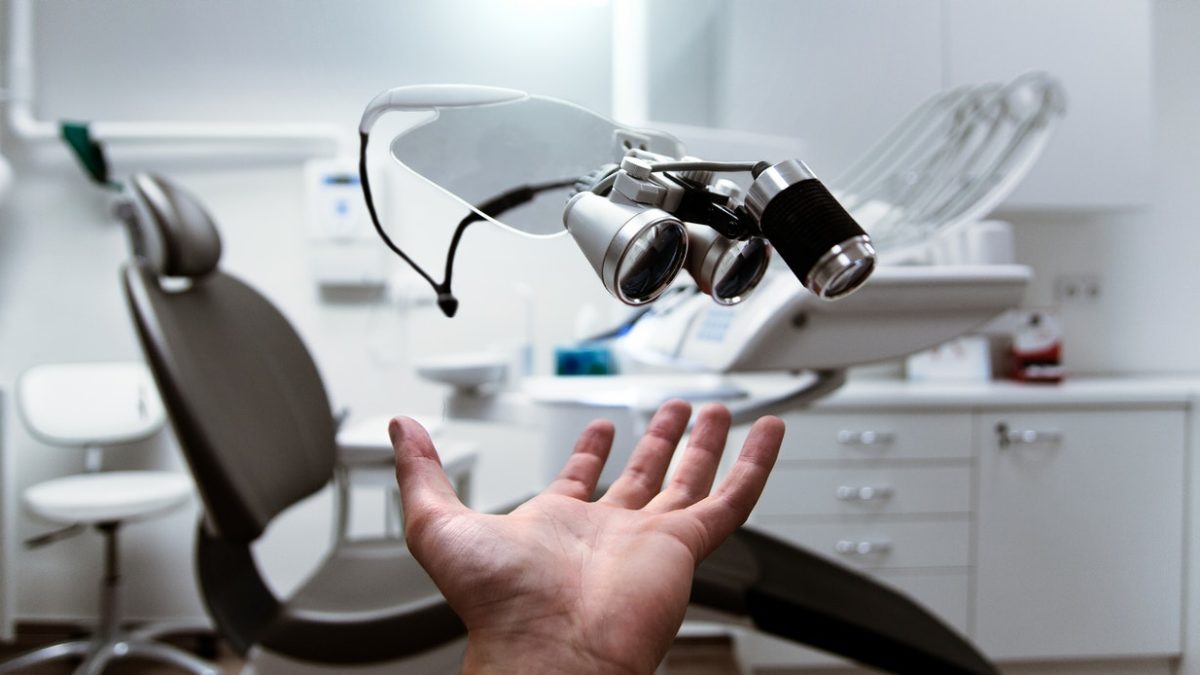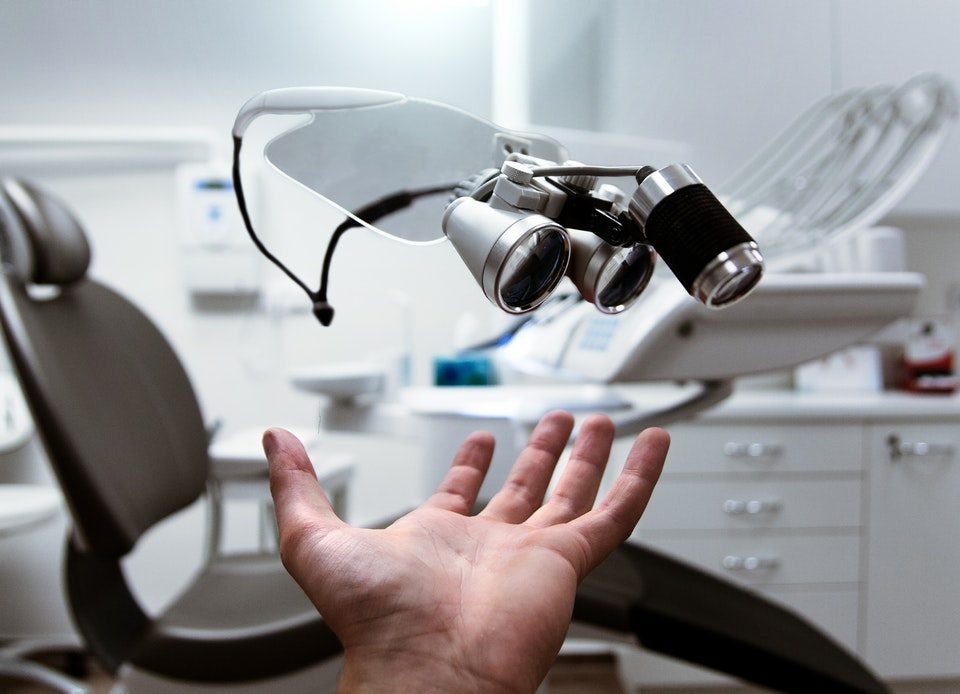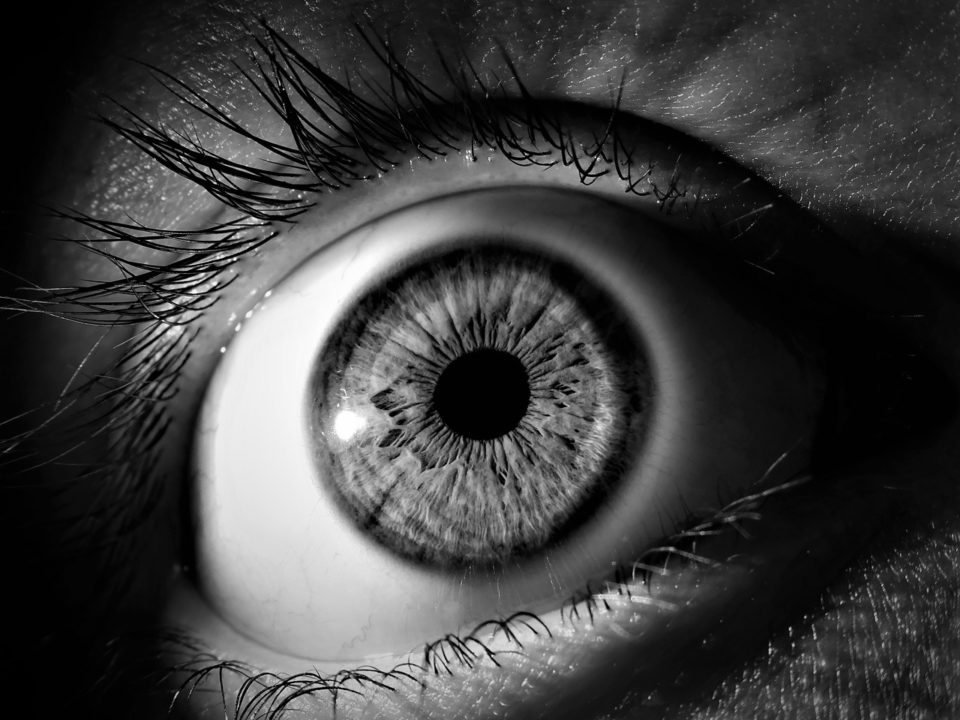
What to Expect When Getting Your Eyes Dilated
January 31, 2019
Five Reasons Why Your Eyes Get Irritated
February 27, 2019Optometrists
An optometrist is an eye care professional that can perform sight testing and conduct through eye examinations on patients of all ages. They are able to expertly diagnose serious eye conditions and suggest the best course of treatment, including prescribing medications for eye diseases. If you visit an optometrist for vision testing and require glasses or contacts, you with then likely see an optician. Opticians are technicians that specializing in fitting patients with eyeglasses and contact lenses. However, they do not do vision tests on their own.
Optometrists are highly trained in the field of eye care. They are able to diagnose and treat many eye-related medical conditions. However, they are not able to perform eye surgeries. If you require eye surgery, you will need to seek out an ophthalmologist.
Ophthalmologists
Ophthalmologists are medical doctors specializing in advanced vision care. While they may do similar tests during an eye exam, optometrists and ophthalmologists have different levels of training. For example, as a medical doctor, an ophthalmologist is trained and licensed to perform complex medical surgery. This includes laser eyes surgeries for vision correction and glaucoma.
Among ophthalmologists, there are branches of different doctors with various specializations. For instance, you may have a doctor who almost exclusively works with glaucoma patients, or with pediatric patients. Specialists, like the ones here at our surgical center, are highly trained in the art of performing complex eyes surgeries for specific conditions.
Which Doctor is Right for You?
It’s very possible that you will need to see both an optometrist and an ophthalmologist at some point in your life. If you need to visit an eye doctor to test your vision, or for a general eye health exam, then you will likely see an optometrist. However, if you diagnosed with or begin to show signs of a serious eye condition that may require surgical intervention, then an ophthalmologist may be a better fit.
The ability to see properly affects every part of our everyday lives. Without clear vision, activities such as driving, working, or even simply walking down the street may become more difficult. It’s incredibly important that you take care to protect the health of your eyes. Regular visits to an eye doctor can help ensure that you enjoy clear vision for many years to come.
As we get older, we are more prone to serious eye issues. That’s why, after the age of forty, it’s a good idea to have your eyes checked by an ophthalmologist if you’ve never done so. In addition, you should schedule an appointment with a specialist immediately if you’re experiencing any symptoms that could point to a serious eye issue. Some symptoms that should raise a red flag are pain in the eye area, distorted vision, or halo effects. Patients that have been diagnosed with diabetes, high blood pressure, or thyroid disease should also see an ophthalmologist at least once per year.
When you’re ready to schedule your next eye exam, contact our office to schedule an appointment.




